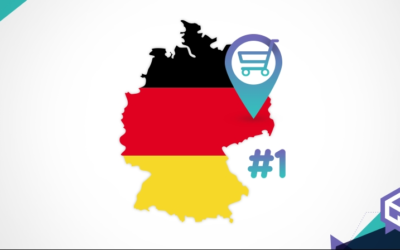Would you talk with someone in our company regarding any issues? Just drop us a line!
Opening an AG (Joint Stock Company) or UG (mini-GmbH) is not so common. This company may have a minimum authorized capital of 1 euro and a simplified registration system. The second form has drawbacks: 25% of all profits must be contributed to the authorized capital until it reaches 25 thousand euros. At this point, the mini-GmbH can become a regular GmbH. However, you should be prepared that UG does not inspire trust among most counterparties, so it is better to abandon this organizational and legal form as quickly as possible.
To collect documents, in addition to the founders’ passport data, the main document of the future company—the constituent agreement—must be created. There are no requirements for the minimum number of founders—it can be one person or company, and not necessarily German.
However, the requirements for the citizenship of a director are different in different states. So, if you want to appoint a non-resident of Germany to this position, carefully read this particular region’s legislation. The best solution would be to contact lawyers from a local law firm who will help you consider this and many other nuances during registration.






















































